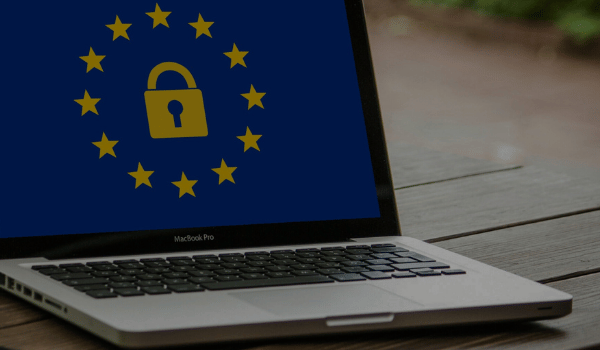TL;DR
- European tech companies prioritize privacy, sustainability, and customer trust over rapid scaling and data monetization
- This approach creates higher customer lifetime value, regulatory resilience, and genuine competitive moats through trust
- Global consumer attitudes are shifting toward European values: privacy over convenience, sustainability over novelty
- Companies built on surveillance capitalism face expensive retrofitting as privacy regulations spread worldwide
- The “slower” European model positions companies for long-term success as customer trust becomes a primary competitive advantage
Silicon Valley perfected a formula: collect user data, optimize for engagement, scale fast, and monetize everything. It’s produced some of the world’s most valuable companies, but as users worldwide grow skeptical of surveillance capitalism and throwaway technology, a different approach is gaining ground.
Instead of treating users as products, they’re creating sustainable businesses that prioritize privacy, transparency, and long-term customer relationships. What initially looks like a competitive disadvantage actually positions these companies for the next phase of consumer technology.
Privacy and sustainability as a business model
When European companies build consumer technology, privacy becomes the starting point for product design. This stems partly from regulatory requirements like GDPR, but more importantly from understanding that surveillance-based business models are ultimately unsustainable.
Take Proton, the Swiss company behind ProtonMail and ProtonVPN. Instead of offering free services funded by advertising and data collection, they built a subscription business where customers pay directly for privacy and security. When customers pay for a service, they become stakeholders rather than products.
Fairphone, a Dutch company, builds smartphones designed for repairability and longevity. Their devices cost more upfront and lack some cutting-edge features, but they last longer and create less electronic waste. As consumers become more aware of the environmental cost of constant device upgrades, Fairphone’s approach looks increasingly prescient.
Adyen built their payment processing business on transparency and fair pricing rather than hidden fees. Their straightforward approach attracted merchants tired of opaque pricing structures.
The trust advantage
Building privacy-first, sustainable technology creates genuine customer trust. This trust translates into business advantages that compound over time. Customers recommend trusted products, stick with companies longer, and pay premium prices for products that align with their values.
Consumer attitudes are also shifting worldwide. Young people increasingly value privacy over convenience, sustainability over novelty, and authentic company values over marketing promises. These preferences align naturally with the European approach.
Companies that built these principles into their foundation can expand globally seamlessly, while competitors face expensive rebuilding to meet evolving consumer expectations.
The compound advantage
The European approach initially appears slower and more expensive than Silicon Valley’s growth-at-all-costs model. But these investments compound over time. Privacy-first products don’t face expensive compliance retrofitting. Sustainable design reduces long-term support costs. Transparent business models generate predictable revenue.
The next decade will be defined by the backlash against surveillance capitalism. European companies have spent years building exactly the capabilities this new era demands. What looked like competitive disadvantages are becoming the foundation for sustainable growth where customer trust determines long-term success.
Building for the long game
The next decade of consumer technology will be defined by the backlash against surveillance capitalism and disposable technology. Users worldwide are demanding products that respect their privacy, last longer, and come from companies they can trust.
European technology companies have spent years building exactly these capabilities. What looked like competitive disadvantages in an era of rapid scaling and data monetization are becoming the foundation for sustainable growth in an era where customer trust and regulatory compliance determine long-term success.
The organizations that thrive in this environment will be those that can build genuine relationships with customers who choose to stay because they want to, not because switching costs are too high or because they’re trapped in an ecosystem designed to prevent choice.
The European model offers a blueprint for building technology that serves users rather than exploiting them. In a world increasingly skeptical of surveillance capitalism, that approach goes beyond ethics to become more profitable.
To get started with Sendent and Nextcloud, explore our guide.



